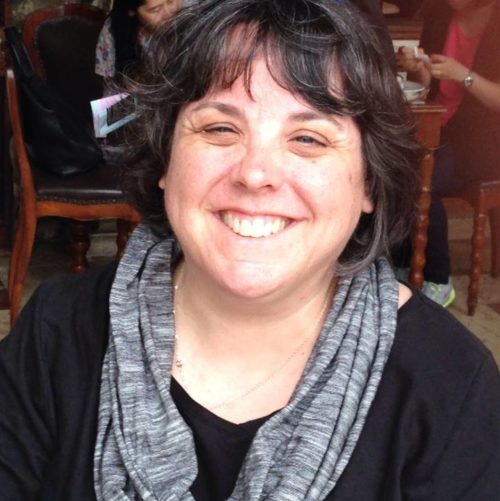Warning: If you do not wish to know details about the film, Brave, today’s blog is not for you. Please come back tomorrow.
 Shelagh Gordon
Shelagh Gordon
We often talk about the power of story, but how do we actually know which narratives are nourishing ones?
In thinking about that question, an internet kerfuffle about Pixar’s film, Brave, comes to mind.
I saw the film on its opening weekend with my elementary school-age nieces and was pleased by a narrative that suggested that the lead female character might have a story beyond the marriage plot. Indeed, the way the movie focused instead on the adolescent struggles common (dare I say, universal) to mother-daughter relationships was refreshing and well-explored.
Initially, no one who has read women’s literature could really be surprised by Merida. Princess Merida is a fine adolescent heroine, cut from the same “feisty” cloth as Elizabeth Bennett, Jane Eyre, Jo March, and all their latter-day counterparts. Not surprisingly, Merida is outspoken and opinionated, and like the Hunger Games’ Katniss Everdeen, she wields a mean bow. She claims too she does not want to marry. All pretty standard 19th century fare. Much as she resembles (and perhaps because she resembles) these heroines in brains, in physicality (after all, 19th century heroines did a great deal of striding over moors and through muddy fields), and in a rejection of the fripperies of female fashion, one is still brought up short when her suitors turn out to be three doofi who, unlike every convention of romantic comedy, remain untransformed into even datable (let alone marriageable) material for Merida. Trained as viewers are in expecting even the most ludicrous of romantic pairings in movies to work out, it comes as almost an amazement when the film ends with Merida choosing none of the suitors—and the closing moments of the film given over to Merida and her mother riding together through the Scottish highlands.
Sounds like one small step for feminism, even if the lead character is still a princess (that is a whole other wormy can). Virginia Woolf and her “thinking back through our mothers” deal would probably be proud.

But then I read Adam Markovitz, blogging on Entertainment Weekly’s “Popwatch,” who asked “Could the heroine of Pixar’s ‘Brave’ be gay?” Lots of folks weighed in on the question (go ahead and google away—Steven Colbert is, as expected, quite amusing, for example). But what I thought was interesting was that in both Markovitz’s formulation and in many of the answers that followed in the media, the speculation keeps the focus on romance above all. In other words—and despite what the film tries to say—who Merida is attracted to is more important than any other relationship she has or any other possible life story she might pursue. Of course, I am not denying that sexuality is an important part of identity and story. But it is striking to me that Markovitz’s discussion is, in part, just another way of reinforcing a version of the “marriage plot,” rather than seeing the possibilities at which Brave’s ending at least hints.
What lies in store for the Meridas of the world? What if she really never does find romance or marriage or partnership? Is it no longer a fairy tale? Is her life not “brave”? And really, to what other story might these Meridas aspire?
To answer that question, I want to end by enthusiastically commending to you a piece that ran in the Toronto Star recently.
The Star decided to randomly choose an obituary of an ordinary person and chronicle the impact of that life. They selected Shelagh Gordon, a 55 year-old woman who had died suddenly of a brain aneurysm. Shelagh never married, she had a seemingly unimportant and uninspiring job, but she lived an extraordinary life.
I will urge you to read her story by simply saying that I have seldom been as moved by the power of one human life.
And I will say this as well:
Merida would have admired Shelagh, I think, because Shelagh had the bravery to love tangibly—in big ways and small—and fiercely.
May the same be said of us.

